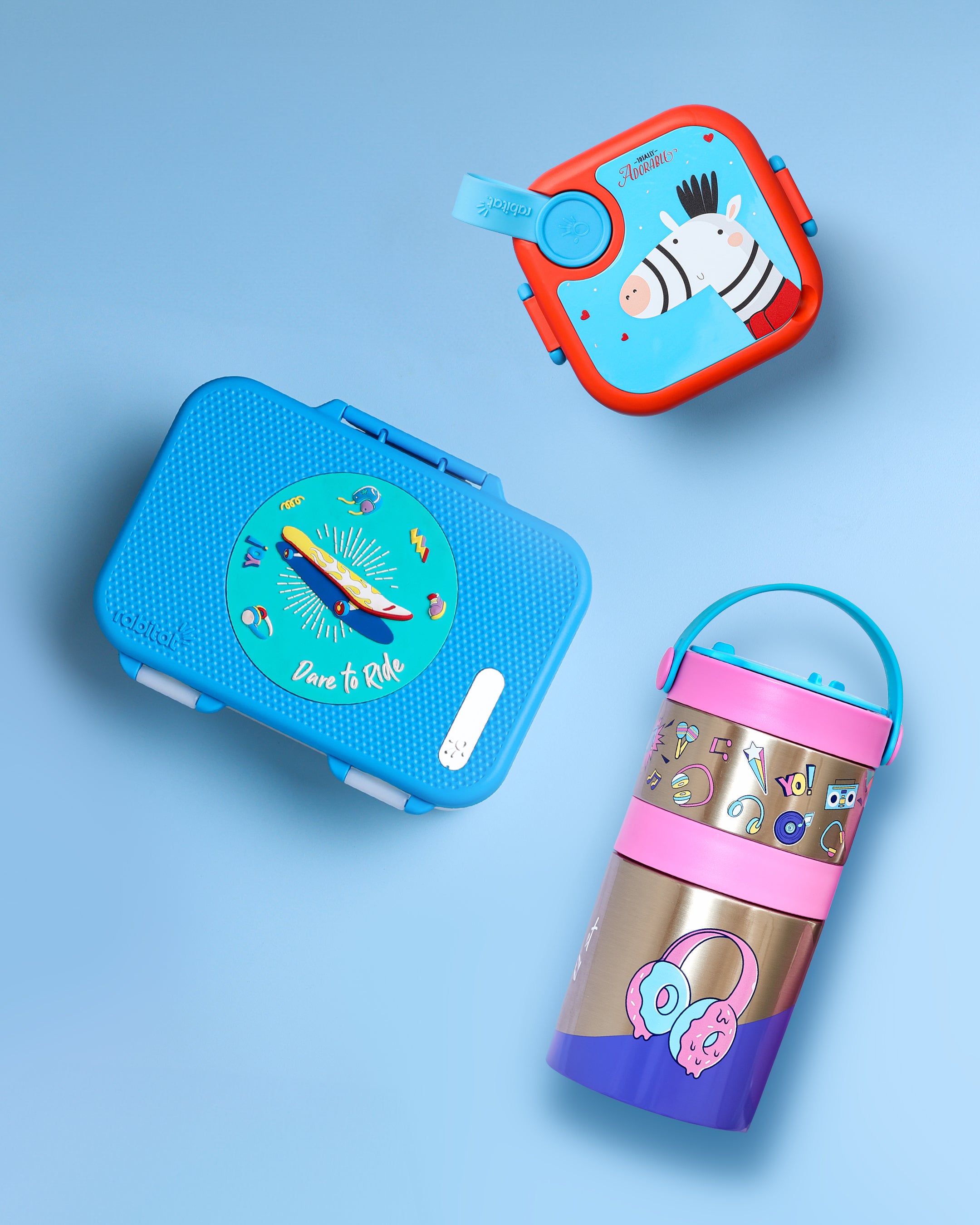Pick Your Battles
"If you're always saying, 'No, no, no,' your child will tune out the no and won't understand your priorities,"Define what's important to you, set limits accordingly, and follow through with appropriate consequences. Then ease up on little things that are annoying but otherwise fall into the "who cares?" category—the habits your child is likely to outgrow, such as insisting on wearing purple (and only purple).

Don’t Get Emotional
Sure, it's hard to stay calm when you are running late for work and your kids refuse to follow simple instructions.But if you scream in anger, the message you're trying to send will get lost and the situation will escalate, fast. "When a child is flooded with a parent's negative mood, he'll see the emotion and won't hear what you're saying,” Indeed, an angry reaction will only enhance the entertainment value for your child, so resist the urge to raise your voice. Take a deep breath, count to three, and get down to your child's eye level. Be fast and firm, serious and stern when you deliver the reprimand.

Listen and Repeat
Kids feel better when they know they have been heard, so whenever possible, repeat your child's concerns. If she's whining in the grocery store because you won't let her open the cookies, say something like: "It sounds like you're mad at me because I won't let you open the cookies until we get home. I'm sorry you feel that way, but the store won't let us open things until they're paid for. That's its policy." This won't satisfy her urge, but it will reduce her anger and defuse the conflict.

Reward Good Behaviour
It's highly unlikely that your child will always do whatever you say. If that happened, you'd have to think about what might be wrong with her! Normal kids resist control, and they know when you're asking them to do something they don't want to do. They then feel justified in resisting you. In cases in which they do behave appropriately, a prize is like a spoonful of sugar: It helps the medicine go down. Judicious use of special treats and prizes is just one more way to show your child you're aware and respectful of his feelings. This, more than anything, gives credibility to your discipline demands.














 Rinda Angom
Rinda Angom
